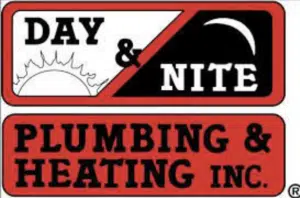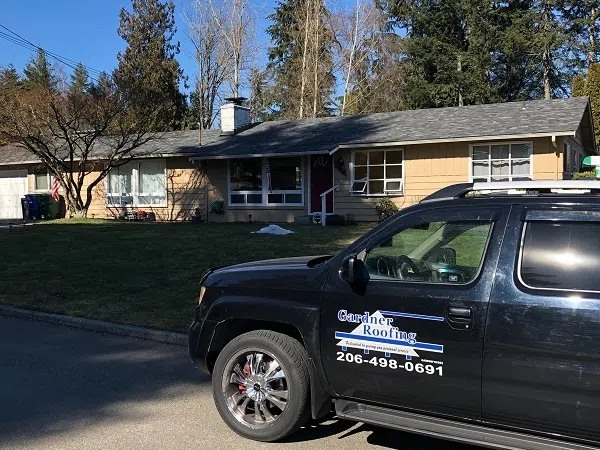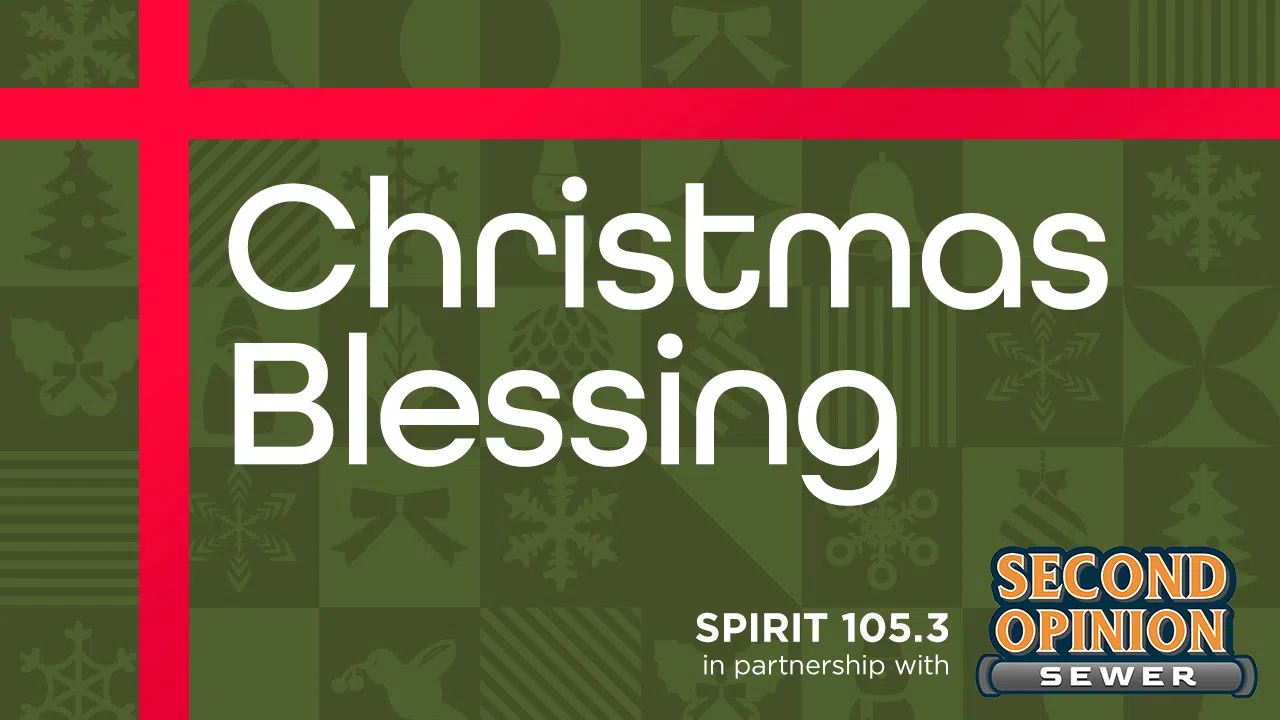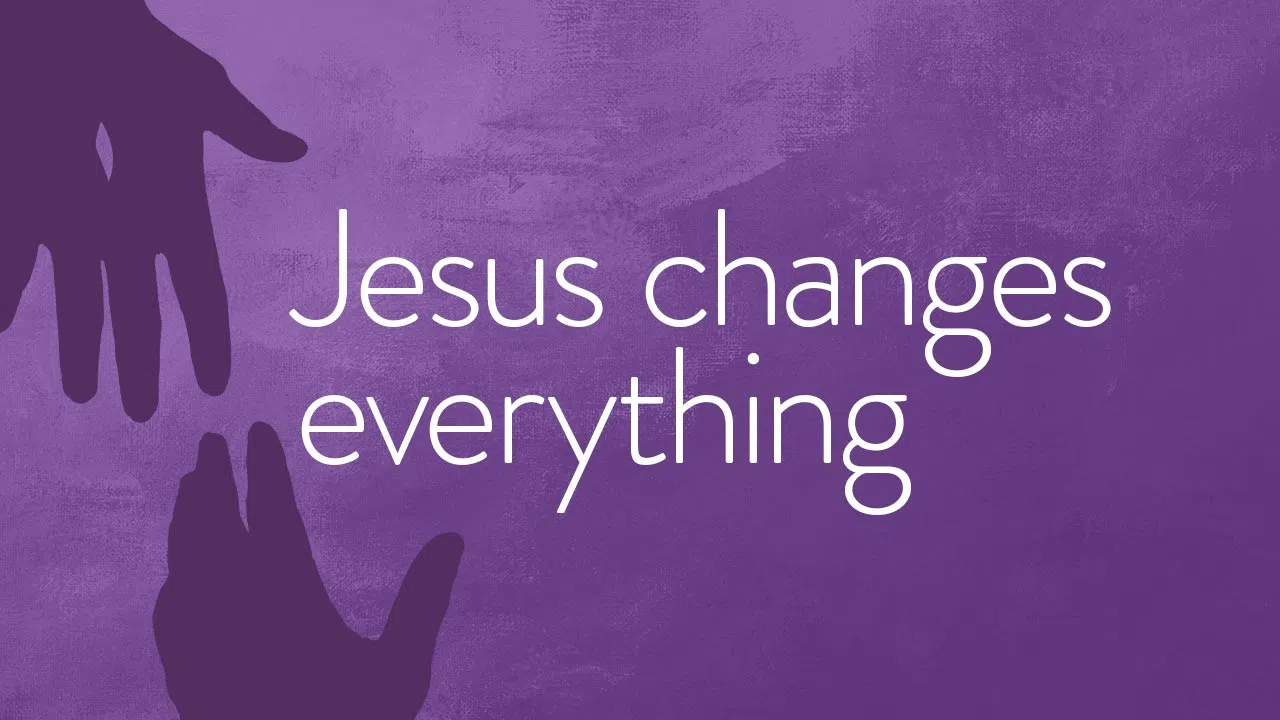“We can do it for half the price a plumber would charge.” said an ad on the radio as I was driving to work one morning. “Half the price a plumber would charge!” I thought, “If they aren’t using plumbers, then who is doing the work?”
There is an old perception of the plumber being the butt of jokes, literally, with it hanging out as he’s bent over working under a sink. Or that you don’t have to know much to do what plumbers do, “Water flows down hill and keep your fingers out of your mouth.” Like any profession, there are always humorous stereotypes, but when I hear ads like the one on the radio it makes me step back and wonder, “Does the average person really know or even care to know what the difference is between some guy that can do the job, versus a “real” state- licensed journeyman plumber?”
I came face to face with this issue when a customer with a drain problem came into our office stressing the price difference between my company and the other company she ended up using for the final repair of her drain. I know our market, and know we are fairly priced for our services, so I knew something else was going on. She brought a copy of the invoice and proposal from the other company. It all looked professional, but I suspected these weren’t plumbers. So, I went on the Washington State Labor and Industries website* and typed in the technician’s name. It turns out the other company’s “plumber” was actually a 2-year “Plumbing Trainee” and his trainee card had expired 4-years ago, plus he had an infraction the year it expired. I investigated the company and found the owner was also a trainee, with an expired license as well. Who cares, right? I mean they did the job and it works… at least for now. The fact this person had an expired license makes me think it’s unlikely this job was permitted and inspected.
“Plumbers protect the health and safety of the public.” Sound like an exaggeration? Two thousand years ago, the Romans realized that fresh water supply and wastewater removal was linked to the overall health of the city and built aqueducts and sewers. If you’ve ever been to a developing country you may experience firsthand how a lack of knowledge and good practices plays out. Oftentimes wastewater is mishandled, negatively affecting water quality and the surrounding environment. Today, technology has advanced to a much higher degree of responsibility and demand on the plumber. In the State of Washington plumbers and apprentices are not allowed to work on plumbing without being state licensed. When permits aren’t pulled and laborers instead of licensed tradesmen are used, it makes me wonder. What other corners are being cut that would allow a price to be dropped so far below what plumbers typically charge to do a job right?
Licensed plumbers and trainees are required to know and learn the Uniform Plumbing Code. We know what causes botulism in a dishwasher, so there is a code for that. We’ve figured out why showers scold when you flush a toilet, or the cause of sewer gas smell that makes a family sick, and there are codes for those as well. Poor plumbing practices can cause unnecessary repairs, property damage, illness, or loss of life. When I see questionable practices I have to admit, I get a little nervous for the people who live with the system and don’t know what the cheaper guy didn’t do or didn’t know he was supposed to do.
Both licensed plumbers and licensed plumber trainees are required to take Continuing Education (CEU) classes that are taught by state certified CEU instructors teaching pre-approved state certified courses. On top of that, for a trainee to achieve the next level of licensing and/or obtain a Residential or Commercial Journeyman Plumber License, he must continue reporting the hours that were worked in the plumbing field to meet the minimum required hours for advancement. To become a Journeyman Plumber a trainee must keep himself state licensed for the hours required to be eligible to take the Journeyman Plumber test. This can take 4 to 5 years. Once he obtains a residential or commercial Journeyman Plumbers License, he still has to renew his license every two years which means meeting state required CEU’s and paying a fee.*
To this day, I’m still amazed when I interview plumbers and trainees who have allowed their licenses to expire or were working for a company that I’ve seen advertising “weekly training”, when in fact, no weekly training was ever done. It’s difficult to imagine a professional plumbing shop that doesn’t truly believe in continuing education beyond just the state minimum yet expect their technicians to embrace all the Plumbing Code and technological changes in our industry. Just the advances and options in water heaters alone are staggering Air to Water Heat Pumps, Tankless, Power Vent, Direct Vent, Indirect, High Recovery…. and the list goes on. Even the material that piping is made of has evolved, in some cases more than others.
*To find out in the state of Washington if a licensed technician is working for you simply go to the L&I website (www.lni.wa.gov) to enter the individual’s last and first name. I also recommend researching the company you want to use as your plumbing and/or heating service company. How long have they been in business? Are employees drug tested and background checked? Do they offer weekly training, reviews online, a BBB rating, code of ethics, and a mission statement? These are all part of the culture that defines the boundaries the tradesman is working in, and ultimately the quality of service you will receive and the educated choices presented to you prior to making your purchasing decision.
A true tradesman pursues training and licensing with passion, and sees him or herself as a professional, capable of educating and offering the right solutions, safely and correctly installed, to a homeowner or business owner. So, what do good professional plumbers really know these days? I can assure you it’s “a lot more than nothin’!”
 Since 1954, Day & Nite Plumbing & Heating, a family owned and operated company, has been meeting the plumbing, heating, and air-conditioning needs of homeowners and businesses in Seattle and the surrounding areas. Whether you have a plumbing emergency, or you need a heating and cooling home comfort system, “Do it Right! Call them anytime “Day or Nite.” Be sure to browse here for in-depth answers to homeowner’s top plumbing and heating questions, or send your own questions directly to the expert.
Since 1954, Day & Nite Plumbing & Heating, a family owned and operated company, has been meeting the plumbing, heating, and air-conditioning needs of homeowners and businesses in Seattle and the surrounding areas. Whether you have a plumbing emergency, or you need a heating and cooling home comfort system, “Do it Right! Call them anytime “Day or Nite.” Be sure to browse here for in-depth answers to homeowner’s top plumbing and heating questions, or send your own questions directly to the expert.


























Comments